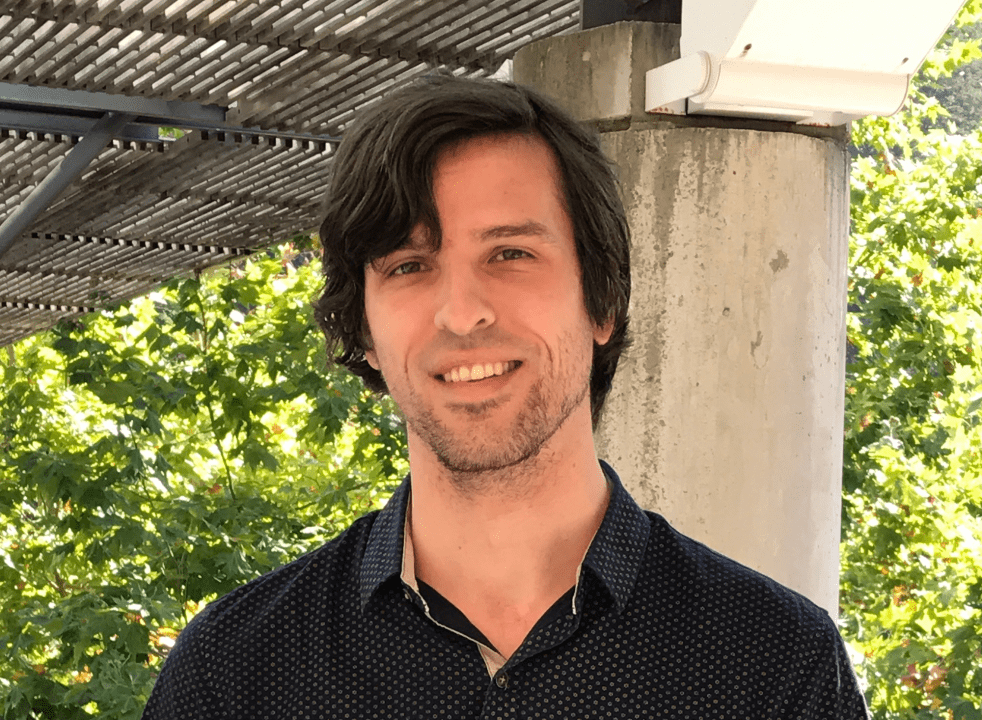Monday, March 18, 2019 | Biomedical Sciences, Room 300 | 3:00pm till 5:00pm
Abstract: Understanding the processes by which new species arise has long been of interest to evolutionary geneticists. In some cases, abrupt changes in habitat or niche can spur on a suite of adaptive changes in one population that help lead to its genetic isolation from others. In cases where diverging species’ ranges overlap, speciation genes, or fast-evolving genes which can negatively affect an organism’s fertility or viability when divergent alleles from separating populations are inherited together, are thought to spur on species divergence. Hybridization can be thought of as a natural experiment in which semi-incompatible, divergent genomes are brought together in a living organism. Over many generations, natural selection should remove incompatible sets of alleles from the genome and increase the frequency of beneficial introgressed alleles (adaptive introgression). By sequencing the genomes of natural populations with hybrid ancestry and identifying the ancestral origin of each part of the genome, it is possible to identify genes involved in species divergence, as well as cases of adaptive introgression. I present a new method for ancestry mapping using low-quality, low-coverage sequence data and demonstrate its application on a population of hybrid brown/polar bears from North America. I also present a new heuristic ancestral recombination graph (ARG) inference algorithm, which can be used for fine-grained ancestry mapping, as well as a wide range of other population genomic applications. Finally, I use ARG inference to shed light on past human hybridization with Neanderthals and Denisovans, and to identify regions of the genome important in making modern humans a unique species.
